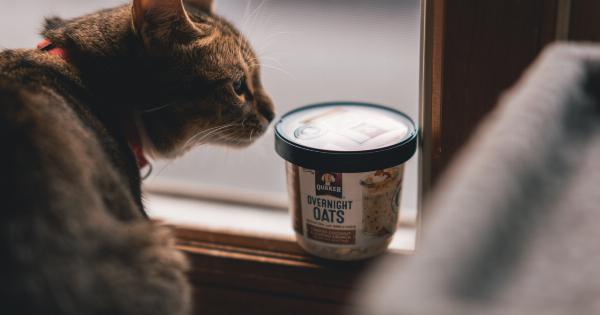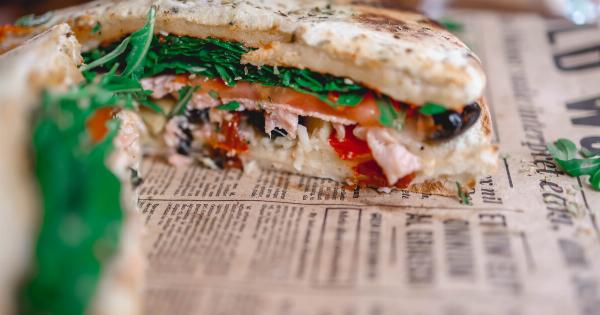Cats are known for their playful and curious nature, but they are also known to be picky eaters who only eat when they are hungry. Depending on your cat, it may seem like they are eating constantly, and it can be concerning.
Here are some reasons why your cat may be eating more than usual.
1. Medical conditions
If your cat is eating more than usual, it could be a sign of an underlying medical condition. Diseases such as diabetes, hyperthyroidism, and Cushing’s disease can cause an increase in appetite.
If you notice your cat eating more than usual, and they are also losing weight, it’s important to take them to the vet.
2. Age
Your cat’s age can play a role in their appetite. Kittens typically need to eat more often than adult cats because they are growing and developing.
Older cats may also need more food because they have a slower metabolism and can’t burn calories as quickly.
3. Breed
Some cat breeds are naturally bigger and have a larger appetite. Cats that are bred for size, such as the Maine Coon or the Savannah, may require more food to maintain their size.
If you’re unsure about how much food your cat should be eating, consult with a veterinarian.
4. Boredom
Cats can become bored easily, especially if they spend a lot of time alone. If your cat is eating more than usual, it could be a sign that they are bored and looking for something to do.
Adding puzzle feeders or interactive toys to your cat’s environment can help stimulate their mind and decrease their desire to overeat.
5. Stress
Stress can also impact your cat’s appetite. Changes in your cat’s environment, such as a move or the addition of a new pet, can cause stress.
If your cat is eating more than usual and seems to be stressed, consider ways to reduce their stress levels, such as providing a safe and comfortable environment or using pheromone products like Feliway.
6. Overfeeding
It may seem obvious, but overfeeding your cat can cause them to eat more than usual. Cats that have access to food all day long or are given too much at one time can develop bad eating habits that contribute to overeating.
Dividing your cat’s food into several small meals throughout the day can help regulate their appetite.
7. Quality of food
The quality of food you are giving your cat can impact their appetite. Low-quality foods that are high in fillers and artificial ingredients may not provide the necessary nutrients to keep your cat feeling full.
Consider upgrading to a high-quality cat food that is nutritious and well-balanced.
8. Attention-seeking behavior
Cats are known for their attention-seeking behavior, and eating is one way they can get your attention.
If your cat is eating more than usual and seems to be seeking attention, consider spending more time playing with them or providing toys that stimulate their mind. This can help reduce their desire to overeat for attention.
9. Pregnancy
Female cats that are pregnant need more food to support the growth and development of their kittens. If you suspect your cat is pregnant, it’s important to provide her with extra food and water during her pregnancy and lactation period.
10. Change in activity level
If your cat’s activity level has recently changed, it could impact their appetite. For example, if your cat was once an outdoor cat and is now an indoor cat, they may not burn as many calories and may need less food.
On the other hand, if you’ve recently started taking your cat for long walks or playing more with them, they may require more food to support their increased activity levels.
Conclusion
If you notice your cat eating more than usual, it’s important to observe their behavior and look for any underlying medical conditions.
In many cases, overeating can be managed by providing a nutritious diet, stimulating toys, and a safe and comfortable environment. Consult with a veterinarian if you have concerns about your cat’s eating habits.































